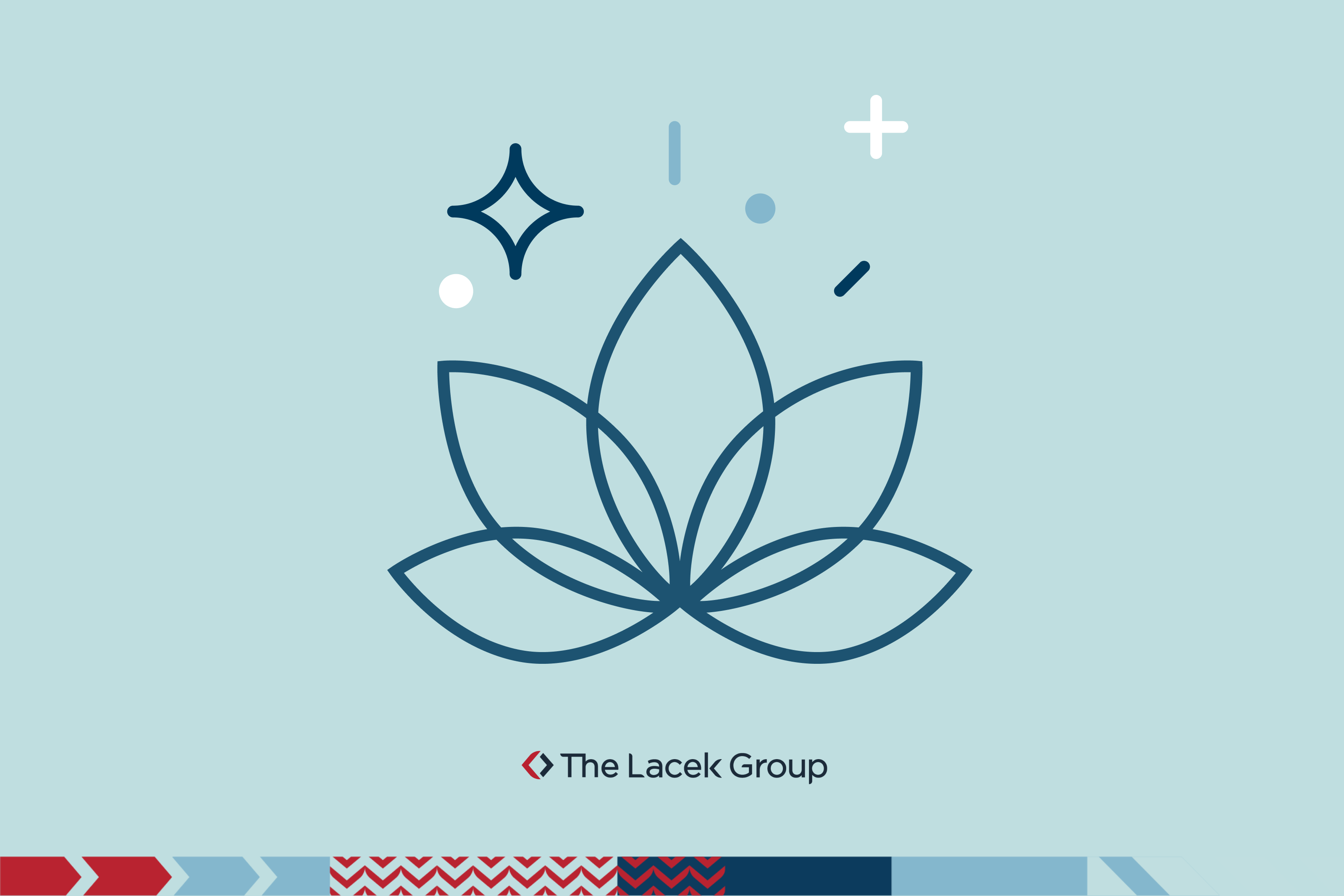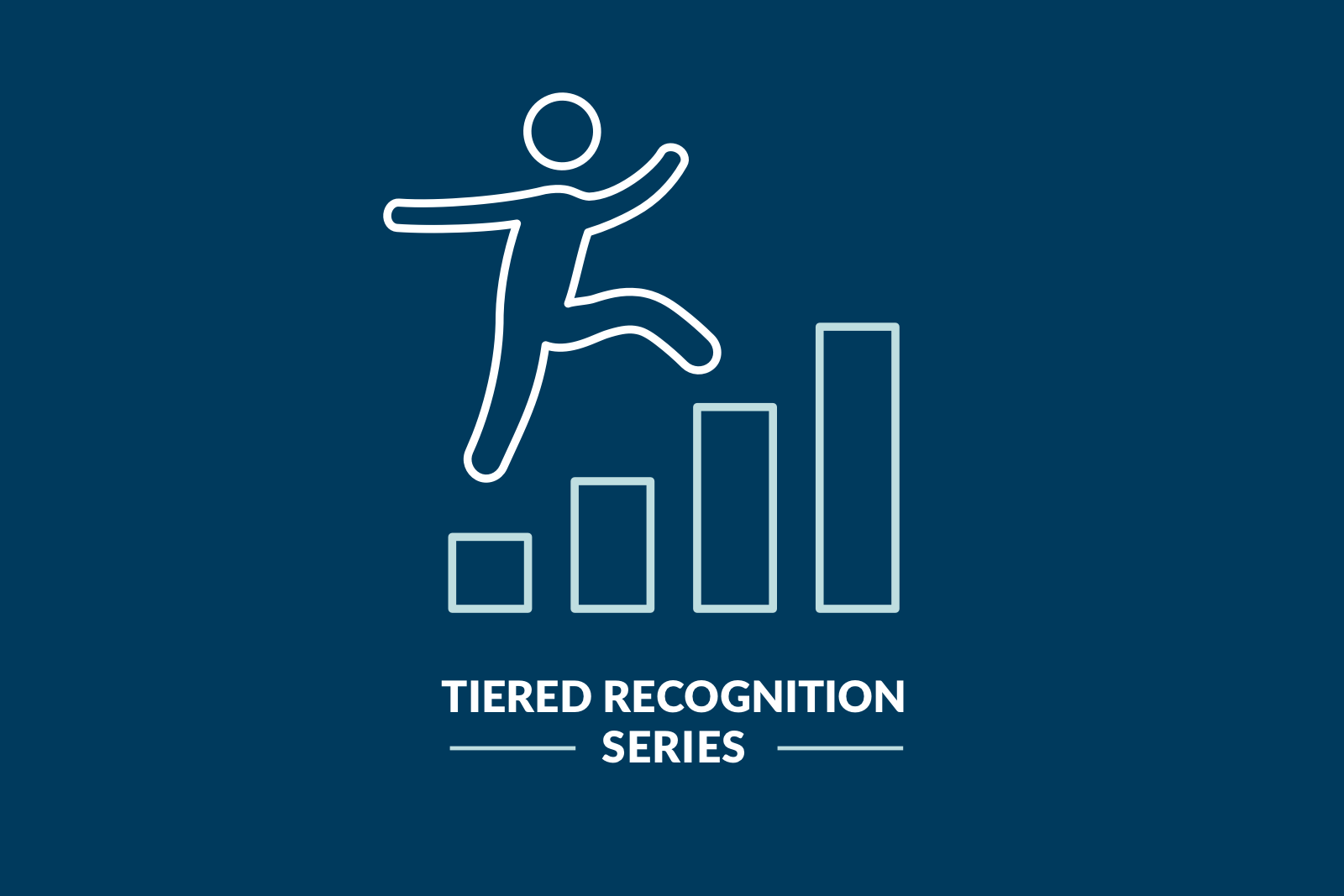Emotional Loyalty: The Unseen Currency

Emotional loyalty—the deeply held, sentimental attachments and affinities consumers feel for some brands—can’t be captured by conventional brand metrics like frequency of purchase or total spending. Instead, it lives in the intangible realm of feeling and memory—factors that lie outside standard benchmarks. In a two-part series, Shi Bu discusses why finding ways to measure and reflect the value of emotional bonds is critical for brands across industries.
Redefining customer value assessment in ways that better reflect the impact of emotional loyalty helps brands frame a more holistic understanding of customers’ needs and wants. That process can also be a clarifying measure of marketing ROI and a useful guide to communicating brands’ worth to investors and other stakeholders.
Folding in the intangible, impactful value created by emotionally connected consumers alongside traditional transactional performance metrics offers a compelling way to express brand perception. It also more clearly articulates brand potential than narratives that rely solely on cold financial figures.
A win for sports
Sports branding is experiencing a paradigm shift––sidelining conventional metrics of value assessment in favor of recognizing that fans’ emotional bond to a sports brand, team, or player doesn’t always manifest in direct spending. Those personal connections hold immense value that’s often been overlooked.
Traditionally, a customer’s value to a sports brand has been evaluated by tangible metrics: ticket sales, merchandise purchases, and other direct financial transactions. But that approach fails to capture the full spectrum of a fan’s engagement. For example, when fans discuss their favorite teams and players on social media or passionately debate game strategies at social gatherings, they create and spread intangible value. This holistic customer value—although not immediately quantifiable in monetary terms—enhances a brand’s prestige and reach.
Fans who never purchase a ticket or piece of official merchandise can still be ardent ambassadors of the brand. Even fans who may have limited knowledge of the sport, team, or player—maybe haven’t even attended a game or match—can fuel brand affinity with their enthusiasm.
Here’s a case in point. With 784,000 YouTube subscribers and 3.8 million followers on TikTok, the Philadelphia Eagles’ social media platforms are valued at nearly $66 million. The NFL franchise attributes its success to authenticity. According to Sarah Zangrilli, the Eagles’ vice president of digital strategy, “highlighting the team’s personalities and celebrating the city and our incredible fan base is a large part of our success.”
The Eagles’ use of social channels illustrates how fans’ interpersonal exchanges and social media engagement contribute to a wider and more profound brand presence, influencing perceptions and expanding the brand’s reach far beyond the confines of a stadium.
This is especially true for younger fans who may not currently have the financial means to purchase tickets and merchandise but who are active on social media. Engaging with them—and building their connection to and affinity for a team—can help create lifelong fans who are likely to attend events or buy merchandise later.
Emotional bonds across industries
While sports teams engender a particular kind of fanaticism, recognizing the value of emotional connections as a brand asset extends well beyond sports. Across industries, the emotional bond consumers form with a brand is often independent of their spending habits.
For instance, in the fashion industry, a consumer’s alignment with a brand’s ethos can cultivate a long-term loyal brand ambassador, even if their purchases are infrequent. Consider, for example, a woman who purchases an extravagant handbag from a luxury brand. Whether she makes another purchase from the brand or not, that bag may be part of her wardrobe—and a statement of her affinity for the brand—for decades.
Similarly, in the technology sector, brand loyalty can be deeply entrenched, with consumers advocating for their preferred brand even when they don’t always upgrade to the latest smartphone, smart watch, tablet, or laptop.
In automotive, the emotional connection to car brands often accelerates from the sense of aspiration and freedom that come with a first car purchase. That sense memory can profoundly influence customers’ brand perception, regardless of later vehicle purchases.
Brands in all industries should consider the value of cultivating and nurturing deeply emotional bonds with their customers.
A new approach to measurement
Consumers desire and expect personalization, and recent technological advances allow brands to deliver hyperindividualized experiences and content. This new frontier of precision marketing demands that marketers recognize the high value of emotional loyalty.
As you examine your brand’s current and potential emotional connections with customers, chew on these key ideas.
- The emotional-bond measurement doesn’t replace established value metrics. Instead, it complements and enhances familiar algorithms and benchmarks.
- Brands would be wise to integrate new metrics that evaluate the impact of customers’ emotional bond to the brand and the ripple effect of their social interactions.
- Measuring emotional connection represents a revolutionary approach to telling the story of consumer value. Redefining that value to include more than transaction-based assessments can reveal more effective narratives about a brand’s influence and worth to the public and investors.

While not visible through conventional benchmarks and metrics, emotional loyalty already plays a key role in consumers’ brand experiences. Brands must find assessment methods that combine the intangibles of consumers’ emotions and social reach with the usual quantitative measurements.
Value assessments that reflect the worth of emotional loyalty offer a deeper understanding of customers, which in turn creates opportunities to connect at a more meaningful level, drive lasting devotion, and express holistic brand value to stakeholders.
Shi Bu is senior vice president, Data Intelligence Services for The Lacek Group. For more than 30 years, The Lacek Group has been perfecting the art and algorithms of brand devotion. We help world-class brands identify their highest-potential customers, engage them across channels throughout their lifecycles, personalize each relationship for optimal long-term results, and measure the true effectiveness of those efforts. The Lacek Group is an Ogilvy One company.

